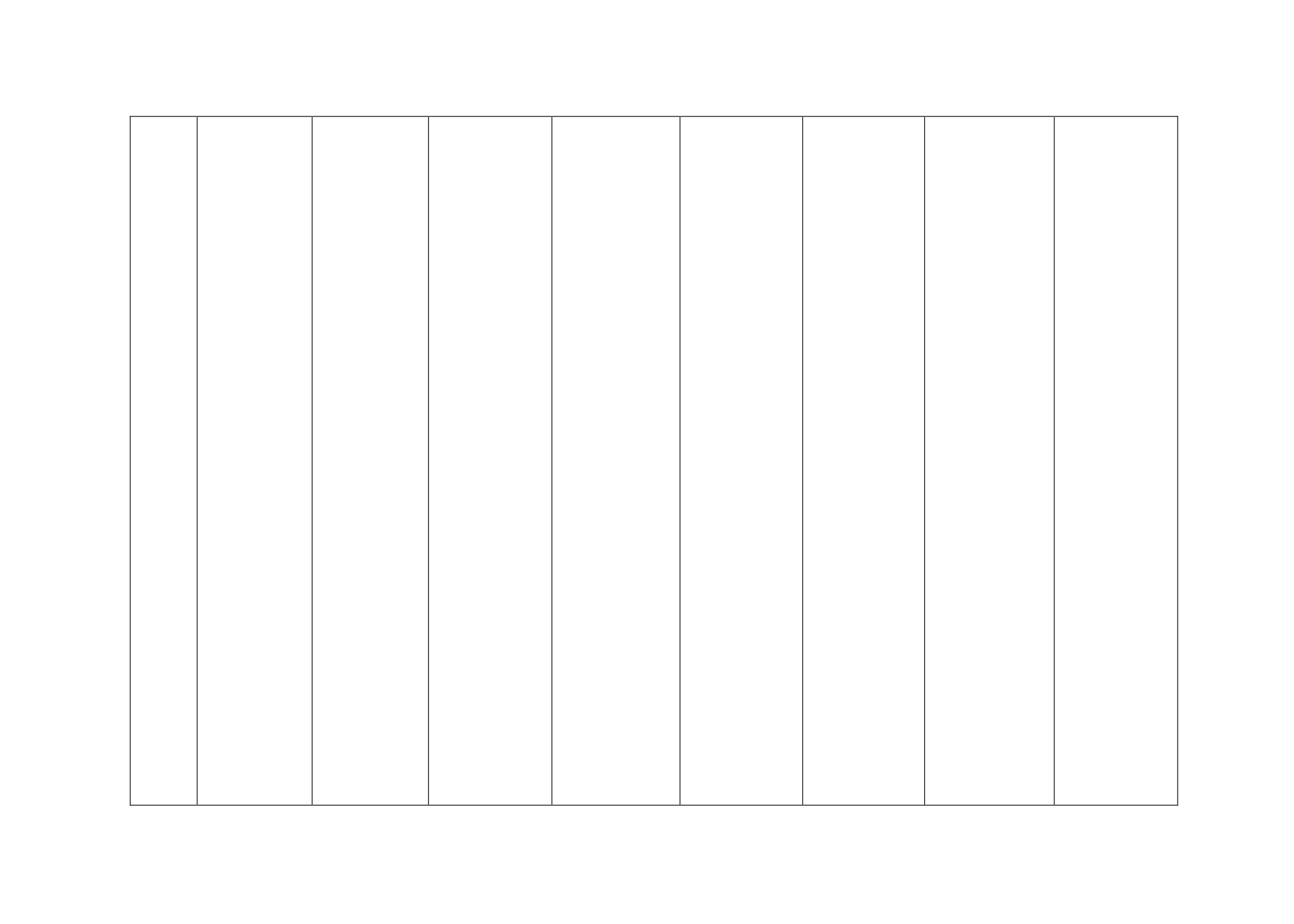

124
2012/2013 year, 13.3
million domestic
currency cheques were
cleared in Egypt, with a
total value of EGP
727.6bn.
Credit transfers
- The
electronic credit
transfer is not widely
used in Egypt as only a
small proportion of
Egyptians hold bank
accounts. However, the
introduction of the
central RTGS system in
2009 has led to an
increased use of credit
transfers, as
transaction times are
cut and processing
costs are reduced.
Payment cards
- ATM
and debit cards are the
most widely available
types of card. Egypt's
Ministry of Finance has
initiated a scheme
whereby the country’s
12 million public
sector workers can
draw their salaries
using ATM cards. As of
December 2013, there
were around 13
million debit cards and
2.19 million credit
cards in circulation in
Egypt. There were
6,488 ATMs and
48,416 POS terminals
in Egypt as of
December 2013.
Direct debits
- mostly
used for low-value
intra-bank recurring
payments such as
credit card payments.
A 2012 pilot scheme
introduced direct debit
processing via the
ACH.
Drafts
- Companies
operating in Egypt
sometimes use drafts
for trade purposes.
Giros
- Giros are
widely available in
Egypt, predominantly
for bill payment
purposes. Companies
Direct debits
-
available for making
regular payments, need
to be arranged on a
bilateral basis between
the payer’s and the
beneficiary’s bank.
Payment cards
- Debit
cards with an ATM
function are currently
the most common type
of cards. However,
credit card use is
increasing rapidly.
There are currently 56
banks issuing debit
cards, 22 banks issuing
credit cards and 106
banks issuing ATM
cards in Indonesia. A
local software
company, PT Artajasa
has implemented an
interbank direct debit
system, in which 79
local banks participate.
Cheques and bilyet
giros
- cheques are
primarily used by
companies, not a
common payment
method amongst
individuals. Bilyet giros
are similar to cheques,
except they cannot be
exchanged for cash.
Cheques and bilyet
giros are not a common
payment method
among individuals.
Postal instruments
-
can be used by people
without access to a
bank account to
transfer funds.
Electronic money
- is
growing rapidly in
Indonesia, especially
for high-frequency
retail payments. There
are currently 17 e-
money providers,
including 8 banks and
9 non-bank financial
institutions. At the end
of 2012, there were
approximately 21.9
million e-money cards
in circulation.
processed electronically
by NACS and are cleared
on a T+1 basis. Funds
are available to
beneficiaries within two
days.
Credit transfers
Debit transfers
Payment cards
- The
use of credit cards, debit
cards and direct debits
for retail and
commercial payments is
rapidly increasing. In
2012, card payments in
Nigeria increased at an
annualised rate of 7.7%
in volume and 25.4% in
value. Local currency-
denominated debit cards
and local and foreign
currency-denominated
credit cards are
available. Stringent
account opening
requirements currently
limit the widespread use
of credit cards. The use
of electronic banking
platforms, in particular
electronic funds
transfers (NEFTs) and
direct debits, is growing
rapidly in Nigeria. The
ATM and point of sale
(POS) infrastructure
base is also developing
in Nigeria. There were
11,702 ATMs and
101,154 POS terminals
in operation in Nigeria at
the end of June 2013.
Mobile payment
Internet payment
networks, Mnet and 1-
Link. In the composition
of plastic cards, debit
cards have the highest
percentage share of over
90.6% followed by
credit cards with 5.5%
and ATMs only cards
with 3.9% share as of
quarter ended 31st
March, 2014. Currently
almost all local and
foreign commercial
banks operating in
Pakistan offer credit
card services to their
customers, most in
collaboration with VISA
or MasterCard
International.
Mobile money
banks start using the TIC-
RTGS system’s direct debit
facility.
Cheques
- As a proportion
of the total share of
cashless payments,
cheques have declined as
the availability and
popularity of electronic
alternatives has increased.
Banks generally give value
within 4-6 days.
Payment cards
- The use
of payment cards has
increased rapidly over
recent years and they are
the most popular cashless
payment method. There
were approximately 102.2
million debit cards and
57.3 million credit cards in
circulation at the end of
March 2014. Visa and
MasterCard are the
principal card issuers in
Turkey.
Promissory note
- is a
popular payment
instrument in Turkey
within the small and
medium-sized enterprise
business sector.
Postal instruments
-
Postal cheques and postal
money orders are
available via the General
Directorate of Post,
Telegraph and Telephone
(PTT).
UAEFTS RTGS system.
Low-value payments are
settled in batches.
Direct debits
- direct
debits have only recently
been introduced and
their availability is
increasing, with most
international banks and
some domestic banks
offering the service.
Payment cards
- card
payments are popular
with retail customers in
the UAE and their usage
continues to rise, with
over 10.4 million credit
and debit cards in
circulation at the end of
2012.
Electronic money
–
mainly used for
government payments in
the UAE. The e-Dirham
card is issued by several
banks plus the Ministry
of Finance and Industry
to both companies and
individuals and
payments can be made
either online (e-Dirham
payment gateway) or at
EFTPOS terminals. In
2012 a new generation
of e-Dirham cards
incorporating enhanced
chip functionality were
issued. There are plans
to integrate e-Dirham
card facilities into
national identity cards,
which Emiratis have
been required to present
for all government and
private transactions
since 1 April 2009.
Drafts
- demand drafts
are cleared by the
clearing house.
Giros
- paper-based
credit transfers are also
available in the UAE.
Cross-border
- cross-
border transactions are
usually settled via
SWIFT-based links to
correspondent banks
and are consequently
subject to individual
arrangements in terms of

















